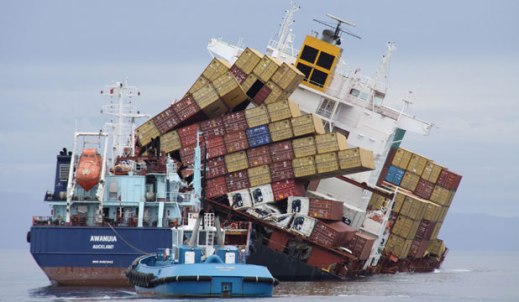Note of Protest and Letter of Protest
What is ‘Note of protest’? In what circumstances, will you note a protest? What all documents will be required? Note of Protest or a NOP is a solemn declaration under oath by a Ship Master of circumstances beyond his control which have or may have









